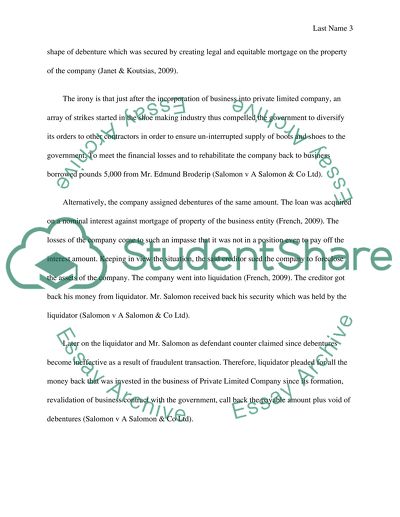Cite this document
(“The Salomon Vs A Salomon Company Limited Case Essay”, n.d.)
Retrieved de https://studentshare.org/law/1392299-the-salomon-vs-a-salomon-company-limited-case
Retrieved de https://studentshare.org/law/1392299-the-salomon-vs-a-salomon-company-limited-case
(The Salomon Vs A Salomon Company Limited Case Essay)
https://studentshare.org/law/1392299-the-salomon-vs-a-salomon-company-limited-case.
https://studentshare.org/law/1392299-the-salomon-vs-a-salomon-company-limited-case.
“The Salomon Vs A Salomon Company Limited Case Essay”, n.d. https://studentshare.org/law/1392299-the-salomon-vs-a-salomon-company-limited-case.


